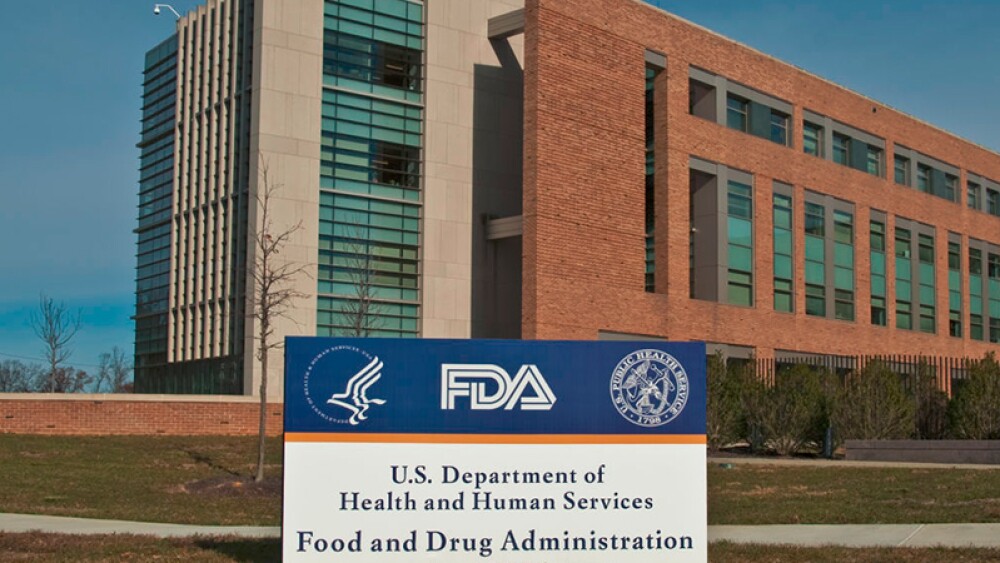September 15, 2017
By Mark Terry, BioSpace.com Breaking News Staff
Thousand Oaks, Calif. – Amgen , in partnership with Allergan , announced that the U.S. Food and Drug Administration (FDA) had approved its biosimilar for Genentech ’s Avastin. The biosimilar, or generic biological drug, is Mvasi (bevacizumab-awwb), and was approved for a broad swath of cancer indications, including in combination with chemotherapy for non-squamous non-small cell lung cancer (NSCLC), colorectal cancer, glioblastoma, metastatic renal cell carcinoma, and metastatic carcinoma of the cervix.
Avastin was approved in 2004, and was the first anti-cancer therapeutic approved to stop the growth of blood vessels that feed tumors. Avastin is priced from around $6,100 to $12,300 a month, based on the type of cancer. Avastin brought in $7 billion in sales worldwide last year, $3 billion of it in the U.S.
Amgen and Allergan have not released details on what the price for Mvasi will be.
John Carroll, writing for Endpoints News, notes, “The approval follows a unanimous panel recommendation in Mvasi’s favor, as well as a high-level endorsement from the agency to user these copycats into the market as soon as possible. The growing flank attack on its big drugs also underscores the recent rash of setbacks that Roche has had to contend with, as a string of late-stage efforts have run into serious trouble at exactly the wrong moment for Roche.”
Genentech is a Roche company.
In a statement, Scott Gottlieb, commissioner of the FDA, said, “Bringing new biosimilars to patients, especially for diseases where the cost of existing treatments can be high, is an important way to help spur competition that can lower healthcare costs and increase access to important therapies. We’ll continue to work hard to ensure that biosimilar medications are brought to the market quickly, through a process that makes certain that these new medicines meet the FDA’s rigorous gold standard for safety and efficacy.”
Like generics in general, biosimilars appear to be advantageous to consumers because of increased competition and lower prices. On the surface, it would appear to be bad for biopharmaceutical companies, which already struggle with patent cliffs and high research-and-development costs.
What somewhat undercuts that argument is that many pharmaceutical companies are getting in on the act, developing their own biosimilars. The San Francisco Business Times points out, for example, that, “While pursuing biosimilars, Amgen also is one of the biggest developers of branded biologics. So, while its branded drugs are being challenged by—and Amgen is fighting—biosimilar developers, it is trying to make money off the lookalike drugs, too.”
The Times go on to say, “Amgen and Allergan, which recently protected sales and patents of one of its branded drugs by handing off its patents to a Native American tribe, are working together on at least four biosimilars.”
Roche and Genentech, on their part, are taking a less conflicted approach, at least for now. Meghan Cox, a Genentech spokesperson, told the San Francisco Business Times, “Our focus continues to be on discovering the next wave of innovative treatments for people with serious diseases who need new options.”
Sean Harper, executive vice president of Amgen’s research and development, said in a statement, “The approval of Mvasi marks a significant milestone for healthcare practitioners and patients as the first anti-cancer biosimilar approved in the United States. With decades of experience in oncology and biologics, Amgen continues to expand its biosimilar and oncology portfolios, and Mvasi has the potential to advance access to high-quality, targeted cancer therapy.”





